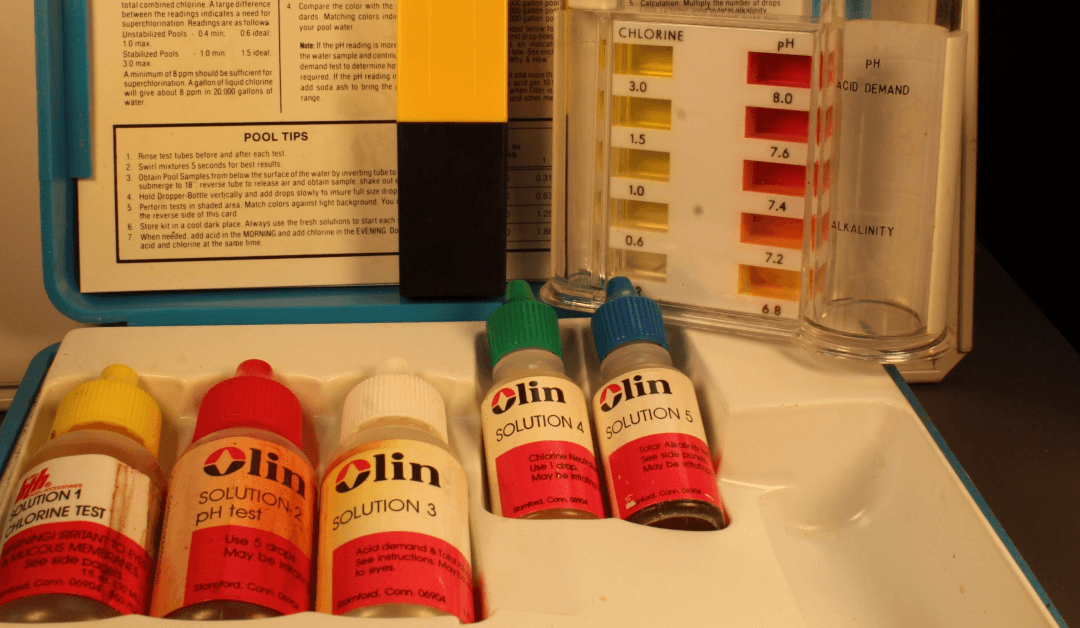The correct pH level of your pool is significant. Maintaining the proper pool water PH levels helps with balance, as well as the overall quality of your pool water. Since water is naturally neutral and essentially pH balanced, it is essential to maintain the natural balance in your pool. If your water is not balanced, you may find that it causes your skin to itch and can cause problems with your pool equipment. A low pool pH level can also promote the growth of some algae species, which can clog filters and cause cloudy water if not appropriately controlled through regular maintenance and chemical adjustments.
The Ideal Pool pH Level
The correct pool water PH levels range between 7.2 and 7.6, slightly higher than the pH levels in most households. To balance these chemicals, you will need to add more alkaline chemicals into your pool water. To test the PH levels of your pool, use a kit that is ordered from a professional company or purchased at a local retailer. You will want to test the PH levels of your pool regularly so that you can make any necessary adjustments as soon as possible.
How to Lower pH in Pool
If the pool pH level is too low, it can cause damage to your skin, eyes, hair, and even your pool equipment. There are several ways to lower the pH levels in your pool. You can drain some of the water out of your pool and replace it with fresh water, or you can use a chemical acid, such as muriatic acid or chlorine, or you can use some type of natural acid, such as citric acid. Acidic solutions can damage a lot more than just your eyes. They can corrode metal parts on the filter system, cause water staining and cloudiness, and damage the plaster finish of the pool. When draining water out of your pool, you should have at least 2 inches of free-standing space on top of the water before adding fresh water to prevent possible leakage issues while refilling your pool.
How to Raise pH in Pool
If the pool pH level gets too high, it will cause chlorine levels to be reduced or make the water too corrosive to swim in. You can also use an alkaline base, such as baking soda or sodium bicarbonate, to increase the pool pH level while improving stability and clarity. When using sodium bicarbonate, you can ensure that it won’t damage your pool’s surface because it has a neutralizing effect.
Does Chlorine Raise or Lower pH?
Liquid chlorine is not going to affect the pH levels of your pool. This is because the base that is already in your pool neutralizes the chlorine.
Get Your Pool pH Level Right
If you have a pool, the pool pH level can be off, proving to be dangerous to swimmers and problematic for your pool equipment. Therefore, setting up your pool is vital since proper pH balance is necessary for sanitation and safety. The ideal way to maintain your pool’s pH level is through automatic pool chemicals control systems that monitor the levels and automatically adjust them as required.

